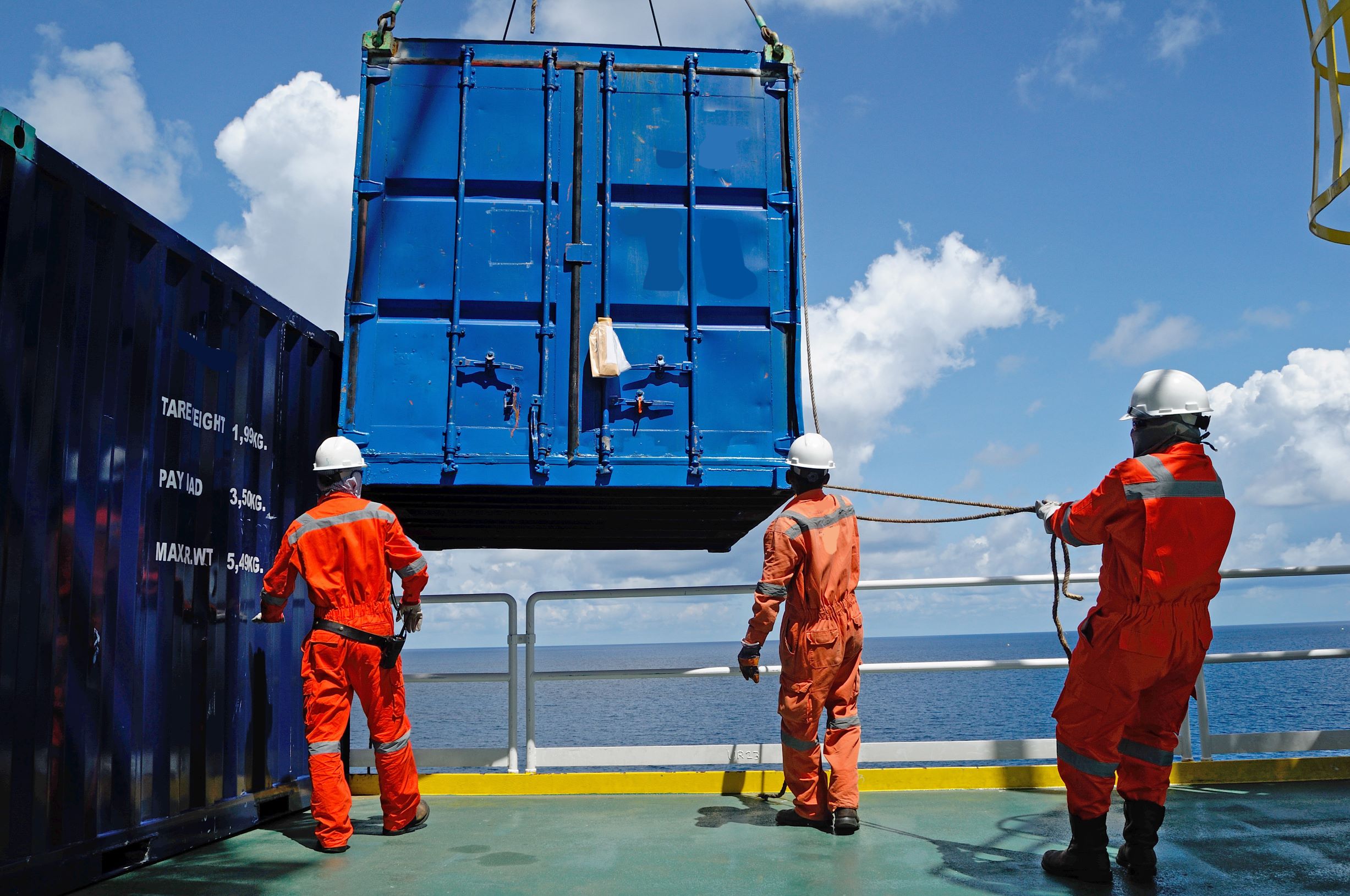Business

Pharos is committed to responsible and sustainable development. We recognise that energy demand is forecast to grow and that oil and gas will continue to be an important component of the global energy mix over many future decades.
This will be essential for sustainable economic development, especially in the countries where we operate.
Global climate risk and energy transition
Climate change is considered a principal risk to Pharos and its business over the medium and long term, and this is discussed in more detail in the Risk Management Report in our Annual Report & Accounts.
Global energy transition is a factor that impacts many of the Group’s principal risks including those associated with commodity price, access to capital, reserves, operations, political, stakeholder and reputational risks. We recognise that a global transition to a lower carbon intensity economy in response to climate change could result in reduced demand, lower oil prices and increased operating cost, capital cost, regulation and taxation. Our overall risk management integrates climate change and carbon-related risks. Established management processes include any physical risks associated with climate change.
We recognise and understand the growing need to accelerate business action on climate change. The Board welcomed the outcomes of the Glasgow Climate Pact and is now focused on reviewing what a possible pathway towards Net Zero entails. This will not be straightforward, for Pharos and for the wider industry, with a lot of solutions being currently tried and tested. But we commit to being transparent in what can and what cannot be delivered and to keeping stakeholders updated on the progress. During the net zero transition, we want to ensure we do not lose sight of the role our energy plays in driving economic development of those countries where it is produced.
Business partners and influence
Relationships with business partners, host governments and local communities where we operate are critical for our business. Our Code sets out our commitment to doing business honestly and ethically and to complying with all applicable laws and regulations. It sets out our expectations to take steps to only do business with others who share our values.
Our ability to influence our business partners depends on our degree of ownership and operatorship. Where we are the designated operator, we fully apply the Pharos HSES MS. Where we are a joint operating partner, we seek to influence and ensure alignment with our systems. Where we have a minority interest, we seek to make our views heard and ensure that minimum standards are met in accordance with our commitment to the IFC Performance Standards.
New entry procedure
The process of identifying and addressing environmental, biodiversity, social and human rights (Environmental and Social Governance – ESG) issues and corporate business risks is an integral part of Pharos’s approach to new entry. It consists of three key stages: preliminary assessment (risk screening and issues identification), due diligence and deal closure. It is a means by which Pharos demonstrates its commitment to environmental and social performance to internal and external stakeholders as well as reducing exposure to financial, legal, operational and reputation risk. It is designed to enable the business to prevent harm, make better financial and operational decisions and to meet commitments vis-à-vis Pharos’s stakeholders.
HSE Management System
We undertake a range of activities to continuously improve our HSES MS to ensure that the Company’s policy commitments are applied. We may work in countries that have different standards and we review any potential gaps to ensure adherence to our policies in dialogue with our business partners. Routine monitoring is undertaken to assess and improve performance and periodic audits are conducted.
In Vietnam, the HLHVJOCs continued HSE induction to new staff, maintained its HSE Training Matrix such as travel safely by boat, firefighting and rescue, working at height and also conducted training for offshore production team such as Personal Protective Equipment training, refresh safety induction for contractors, behavioural safety and tank inspection procedure.
In Egypt, HSES training focused on increasing the staff’s capabilities and competence on ISO 14001 and 45001 management systems, safety at rig, firefighting, lifesaving rules, permit to work, hot work hazards and safety requirements in confined space entry and working at heights.
Key Performance Indicators
| KPI | Target | 2022 | 2021 | 2020 | 2019 |
| HSE regulatory non-compliances | Zero | Zero | Zero | Zero | Zero1 |
1 Although three regulatory non-compliances were reported in our Egyptian assets in 2019, these occurred in January, prior to the completion of our acquisition.
Contractor management
Contractors are used throughout all aspects of our business. Our Contractor Management Procedure sets out requirements through all stages from selection through to management and service delivery. In HSES critical activities, bridging documents are put in place to ensure Pharos and contractor alignment with our requirements.
| Hours worked in Vietnam and Egypt assets | Percentage of total | |
| Company staff | 734,620 | 22% |
| Contractors | 2,614,898 | 78% |